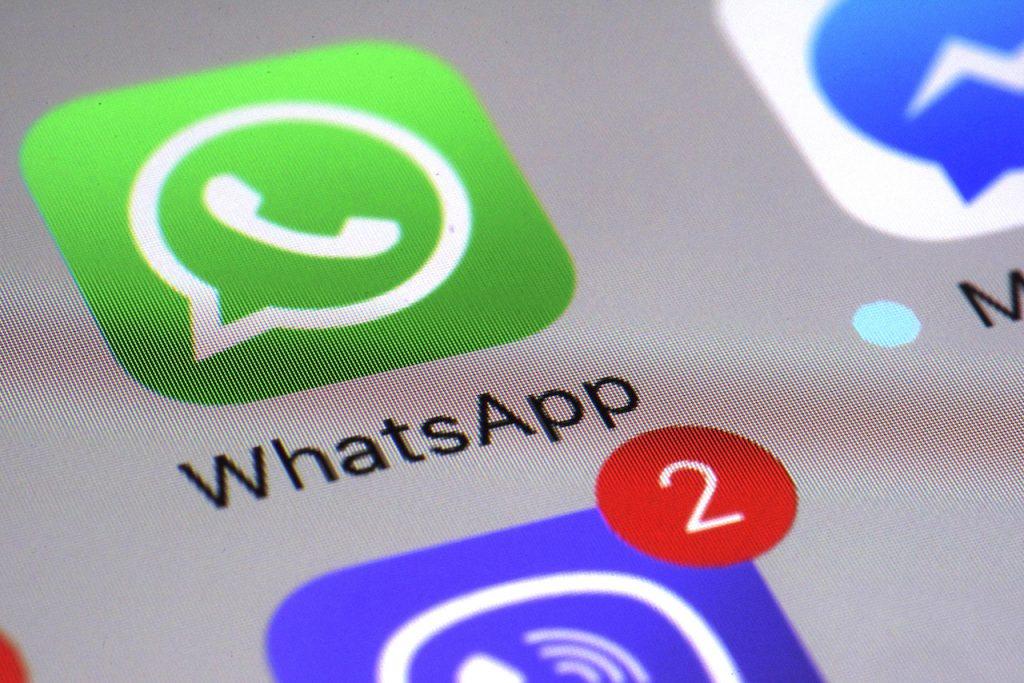WhatsApp sues Indian govt over new law making private messages ‘traceable’
WhatsApp says rules that require tracing the origin of chats are the equivalent of keeping a 'fingerprint of every single message sent on the service'.
Just In
WhatsApp has sued the Indian government over a new law that would force it to make users’ messages “traceable,” the New York Times has reported.
The messaging service said rules that require tracing the origin of chats were the equivalent of keeping a “fingerprint of every single message sent on the service”.
On Feb 25, the government rolled out sweeping regulations for social media and video streaming platforms, requiring them to remove any content flagged by authorities within 36 hours.
Social media platforms with more than five million users would be required to appoint a compliance officer, a nodal contact officer and a resident grievance officer.
In addition, they would have to track the originator of a particular message if asked by a court or the government.
Platforms like Twitter, Facebook and Whatsapp were given three months to comply with these rules.
This week was the deadline for social media companies to comply.
The Indian Express reported that Facebook, Instagram and Twitter had not appointed officers as government regulations dictated.
WhatsApp’s lawsuit seeks to block the enforceability of the rules on the grounds that they’re unconstitutional.
The messaging service also said that tracing the origin of a message cannot be implemented in a foolproof way and would be highly susceptible to abuse.
“Civil society and technical experts around the world have consistently argued that a requirement to ‘trace’ private messages would break end-to-end encryption and lead to real abuse,” a WhatsApp spokesman told The New York Times.
“WhatsApp is committed to protecting the privacy of people’s personal messages and we will continue to do all we can within the laws of India to do so.”
India is WhatsApp’s largest market with up to half a billion users, and parent Facebook rarely takes on governments in court, so the lawsuit marks an unusually aggressive action by the company.
WhatsApp has marketed itself in India as a privacy-oriented company, but it’s fighting a separate legal case accusing it of violating users’ privacy rights.
In that action, the government sued WhatsApp to force it to withdraw a policy that allows it to share data including locations and phone numbers with Facebook and its apps including Instagram and Messenger.
Last year, India banned over 200 Chinese apps including TikTok citing national security fears. Anonymous officials with several of those firms told TechCrunch that they didn’t bother fighting the bans as cases involving national security are nearly impossible to win.
Subscribe to our newsletter
To be updated with all the latest news and analyses daily.
